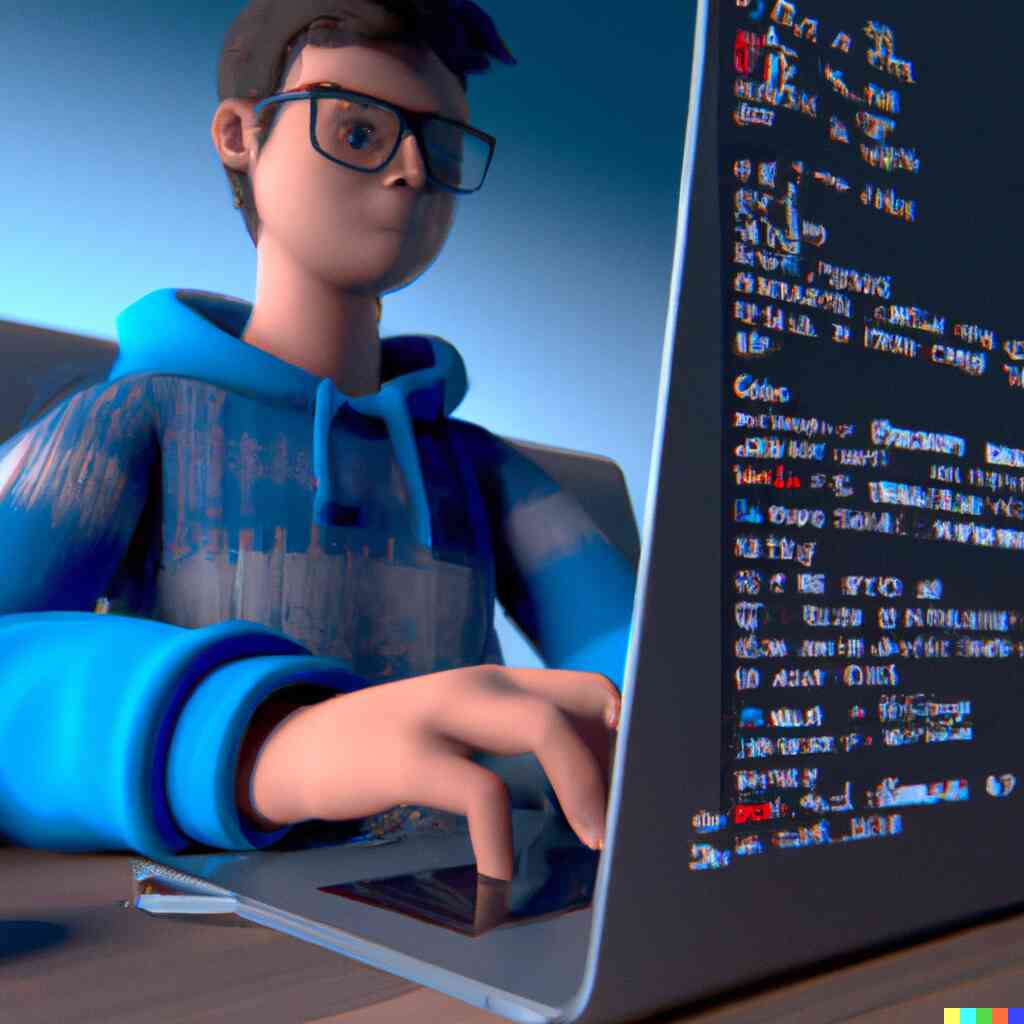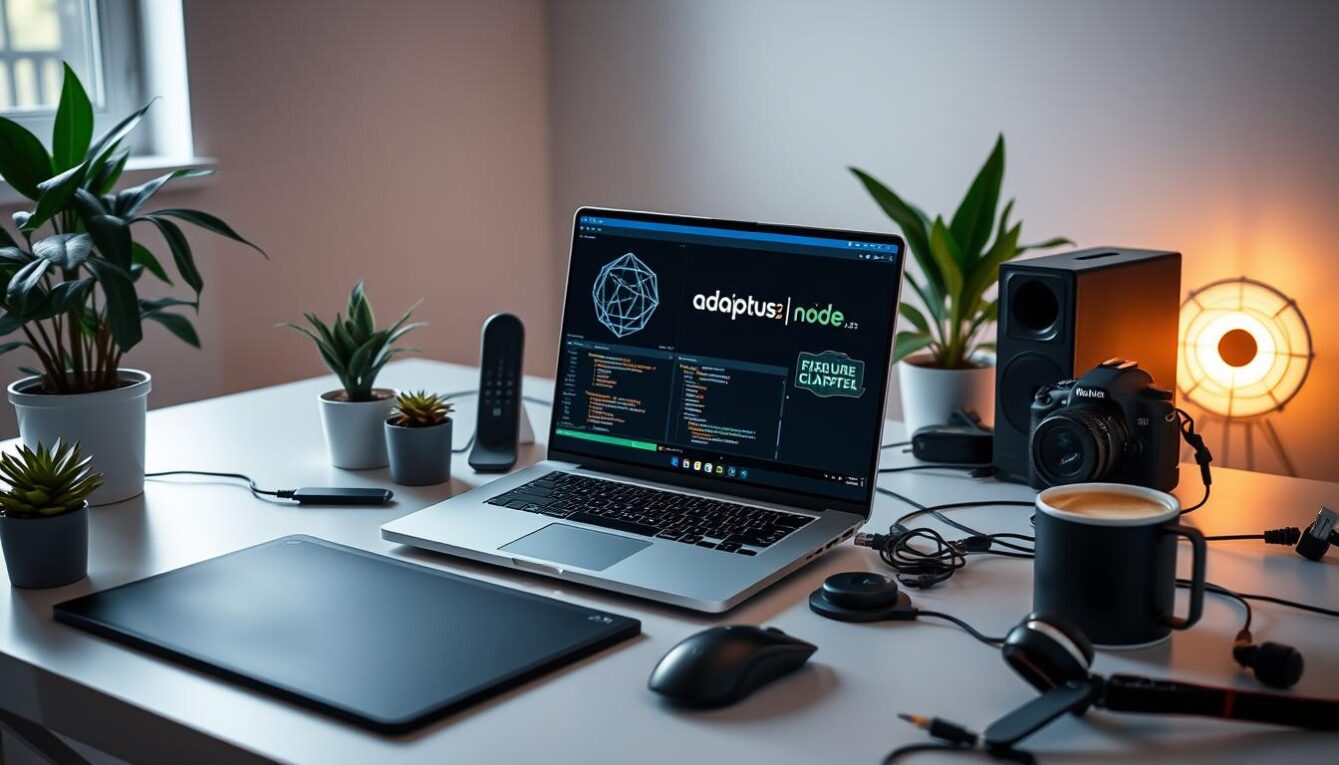As software development has evolved, the need for clean and maintainable code has become increasingly important. Clean code refers to code that is easy to read, understand, and modify, which is essential for efficient and successful software development. This article will discuss the best practices for writing clean code that will help developers improve their coding skills.
1. Introduction
Clean code is essential for any software development project. It helps developers create maintainable and readable code, saving time and money in the long run. Writing clean code is not just about following a set of rules or guidelines, but it requires a change in mindset and a commitment to continuous improvement. This article will cover the best practices for writing clean code.
2. Understand the problem and requirements
Before starting to write code, it is essential to understand the problem and requirements thoroughly. Developers must ensure they clearly understand what they are trying to achieve, who the end-users are, and how the system will work. Understanding the problem and requirements will help developers write code that meets the desired outcomes and makes it easier to maintain in the future.
3. Keep code simple
Simplicity is the key to writing clean code. Writing complex code makes it harder to understand and maintain. Developers should strive to write code that is easy to read and understand. They should also avoid using unnecessary code or over-engineering, which can lead to performance issues.
4. Use meaningful names for variables, methods, and classes
Using meaningful names for variables, methods, and classes is essential for writing clean code. The names should reflect the purpose and functionality of the code. This practice makes it easier for developers to understand the code and its purpose.
5. Write small functions and methods
Breaking down the code into smaller functions and methods makes reading, understanding, and maintaining it easier. Writing large functions or methods that perform multiple tasks can make the code harder to read and modify. Developers should aim to write functions and methods that perform a single task.
6. Use comments wisely
Comments are a valuable tool for documenting code. However, developers should use comments wisely and avoid using them as a substitute for clean, readable code. Comments should only be used to explain complex logic or provide context for the code.
7. Avoid duplications
Duplicated code is a significant problem in software development. It makes the code harder to maintain, increases the chances of errors and reduces the efficiency of the development process. Developers should strive to eliminate duplicated code by creating reusable code and using inheritance and polymorphism.
8. Use error-handling techniques
Error handling is a critical aspect of software development. Developers should ensure that their code handles errors correctly and provides valuable feedback to users. Error messages should be clear and concise, and error handling should be a part of the development process from the start.
9. Test the code thoroughly
Testing is an essential part of software development. Developers should ensure their code is thoroughly tested to identify and fix bugs. Testing should be done at every stage of development, from unit testing to integration testing and acceptance testing.
10. Refactor frequently
Refactoring is the process of improving the code without changing its functionality. It helps to maintain code quality and reduce technical debt. Developers should refactor their code frequently to ensure it remains clean and maintainable.
11. Use version control systems
Version control systems, such as Git, are essential for software development. They help to keep track of changes made to the code, which makes it easier to collaborate with other developers and revert to previous versions of the code if necessary. Version control also helps maintain code quality by ensuring that only tested and approved changes are made to the codebase.
12. Follow coding standards and conventions
Following coding standards and conventions is essential for writing clean code. They provide a set of guidelines for developers to follow, which helps to ensure that the code is consistent, readable, and maintainable. Developers should follow the coding standards and conventions used in their organization or project or adopt widely recognized standards such as the Java Code Conventions or Python PEP8.
13. Conclusion
In conclusion, writing clean code is essential for efficient and successful software development. By following the best practices discussed in this article, developers can write code that is easy to read, understand, and maintain. It requires a change in mindset and a commitment to continuous improvement, but the benefits of writing clean code are worth the effort.
By following the best practices discussed in this article, developers can write code that is easy to read, understand, and maintain. This saves time and money in the long run, improves collaboration among developers, and ensures that the code meets the desired outcomes and requirements.










